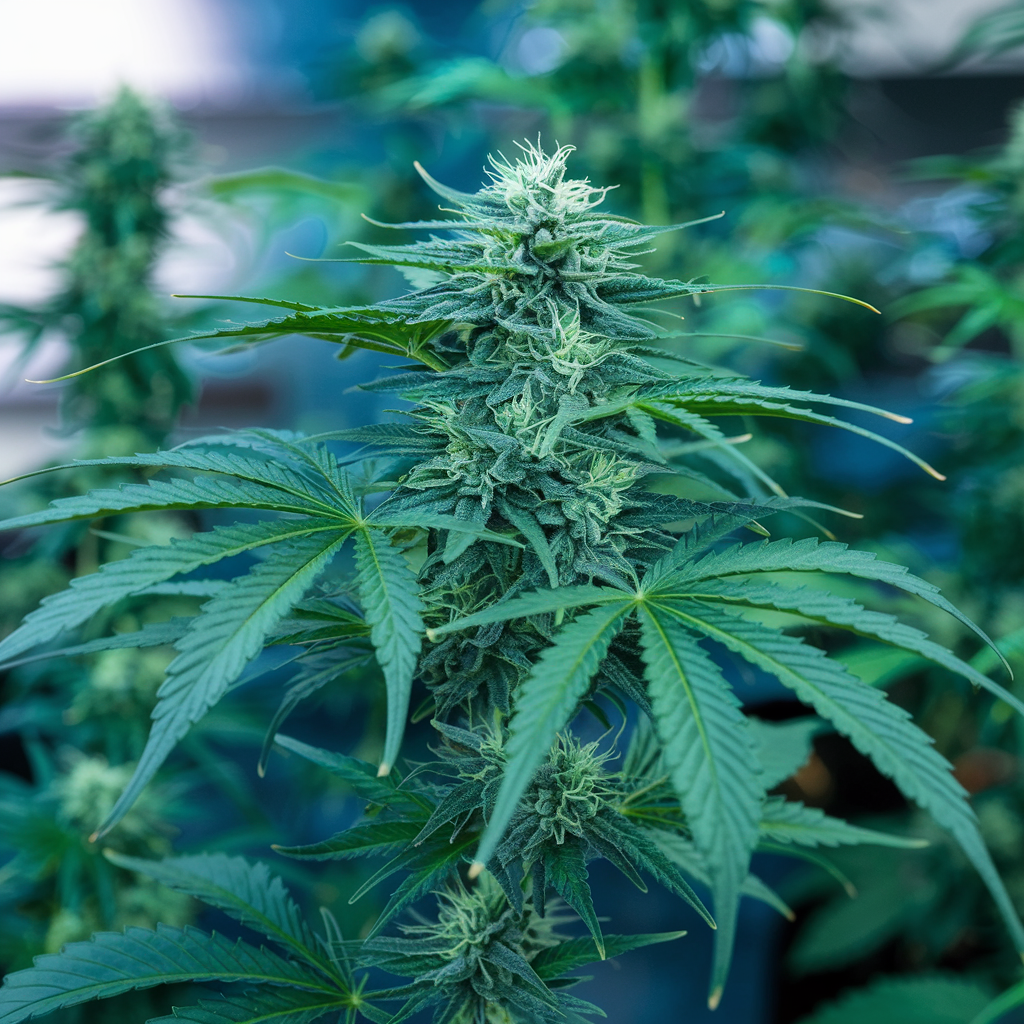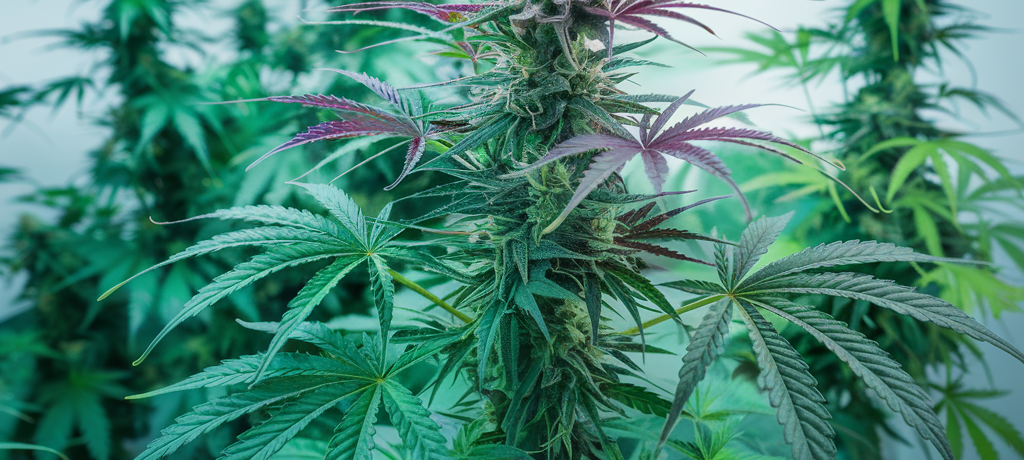As one delves deeper into the world of cannabis, they are likely to come across two important substances, CBD and THC. Although both are obtained from the same plant, their impact on the body is completely different. THC is what gets you ‘high’ whereas CBD is more centered on wellness, offering potential benefits without psychoactive effects. It doesn’t end there, however. There’s much more to these two compounds as it is essential for you and your experience to comprehend their fundamental differences. So why don’t you take a moment to further this fascinating discussion?
CBD and THC Cannabinoids, What to Know
Welcome to the world of cannabinoids where CBD and THC wear the crown. Both exist in cannabis plants, yet they are not identical twins.
THC, or tetrahydrocannabinol, is the most well known psychoactive compound that is responsible for making people ‘high.’ CBD, or cannabidiol,on the other hand, does not create a high and variable known for its health benefits.
You have probably heard of both recreational and medical marijuana before, but did you know that these two kinds are differentiated by the content of THC and CBD? THC dominant strains are recreational while those rich in CBD are for mendocino.
Don’t think about this as a binary issue. The effects of these two cannabinoids may combine and the ratio of each can significantly affect your experience.
The Chemical Structure of CBD and THC
While addressing the different effects of CBD and THC, you cannot disregard their distinct chemical forms. Both have a chemical formula of C21H30O2, but the atomic structure is different for both of them.
In THC, the cyclic ring is opened because of a slight rotation which is not present in CBD. This slight variation influences how each one interacts with the person’s body cannabinoid receptors. Remember, it’s not about the atoms themselves, it’s how these atoms are arranged.
THC is said to have a cyclic phenolic ring while CBD has a hydroxyl group. This small difference makes a huge difference in their pharmacological effects.
The understanding of CBD and THC can only be obtained by looking into CBD and THC chemical structures. This is a clear case of how small alterations lead to vastly different outcomes.
THC and CBD have completely different psychoactive impacts even if they have approximately the same chemical structure.
When it comes to consuming THC, you will most likely have a euphoric high. This high comes from dopamine being released when THC directly stimulates post-synaptic CB1 receptors. It is like pressing the button for ‘pleasure’ and enjoying the dopamine hitting.
On the other hand, CBD has non mind-altering effects. Due to it lacking the proclivity for CB1 receptors, CBD is a non-intoxicating substance. CBD can also inhibit the intoxicating level of THC, leading to it blocking CB1 receptor activation.
Health Benefits Of THC and CBD
The astounding thing is that both CBD and THC still contain significant medicinal benefits thtoward helping patients with mental health, despite their differing psychoactive effects.
CBD is often celebrated for its ability to relieve anxiety and inflammation without causing the high THC does. It has also been shown to help reduce seizures in certain forms of epilepsy.
Opposingly, THC isn’t only high. It has powerful pain relieving properties that can help those suffering from arthritis and migraine headaches. THC can also stimulate appetite, which comes in handy during chemotherapy or certain eating disorders.
But while both benefits, approach self medication with caution and consult with a healthcare professional before trying any new treatment.
Legality: CBD Versus THC
The CBD and THC debate cannot be discussed without the legal component. The legality of both these compounds makes for one of the main contrasting features.
- CBD: Often, CBD is legal for use across different countries including the U.S. when it is derived from hemp. However, when it is derived from marijuana, its legality becomes state-specific.
- THC: The issue becomes more complex in cases of THC. Recreational use of THC is illegal as is its medical use, though there are some exceptions to the policy. In certain states, THC can be consumed recreationally while in others it is only permitted for medical use.
- Federal Law: No matter what state laws may suggest, federally THC is still classified as a Schedule 1 drug.
Consumption Methods: THC and CBD

Do you ever think about how CBD and THC are consumed? Well, there are a ton of possibilities.
While CBD is often consumed in the form of oil, it can also be blended with edibles, Vapes, capsules, creams and even coffee or smoothies. You may also sip it as a smoothie.
THC is primarily consumed through smoking or vaping weed but can also be found in brownies and gummies, topical oils and creams.
While dabbing is less popular, it is relatively more intense than smoking and therefore should only be for more experienced users.
Effects are often determined by the method of consumption, for instance, edible cannabis takes longer but has more prolonged effects.
Always remember to begin with the smallest possible amount and be very careful with dosage.
Conclusion
THC and CBD have their likenesses, and some differences too. For starters, THC gets you high unlike CBD. They both have medicinal value, however, CBD is more accepted from a legal standpoint. They also differ in consumption methods, thus, your desired result – be it therapeutic healing or psychoactive experience, relays which substance you will go for. Research and make sure to consult a professional before considering the usage of cannabis.

